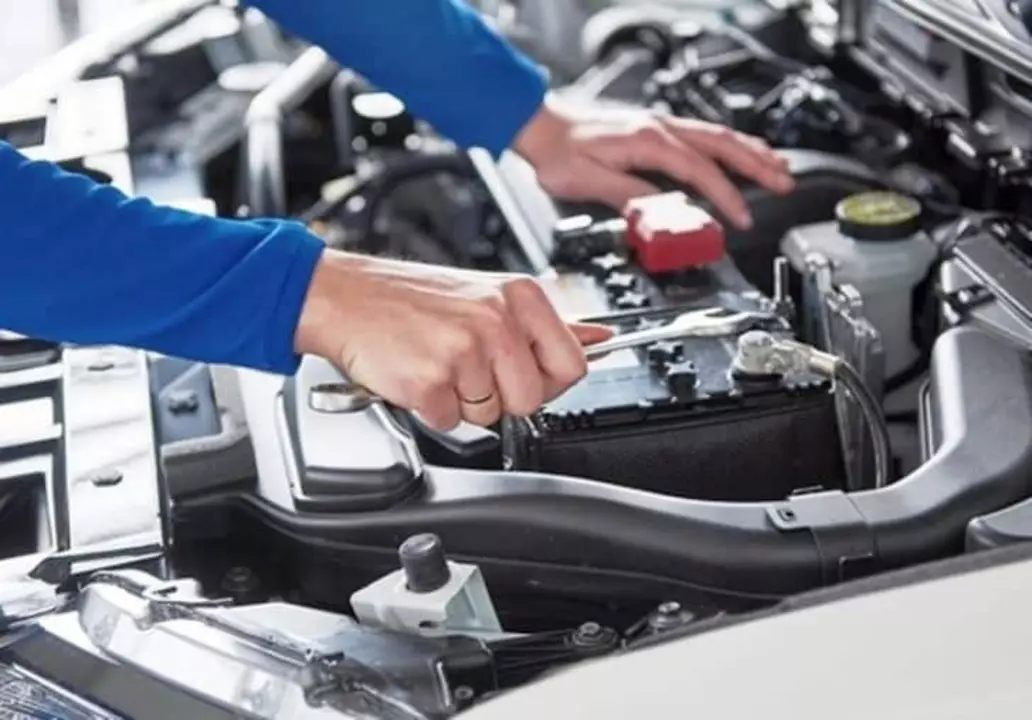German Vehicles: What Makes Them Stand Out?
If you’ve ever watched a car show, you probably noticed a lot of German badges on the track. Why do so many drivers reach for a German model? The answer is simple – they blend performance, safety, and style in a way that feels natural to drive every day. In this guide we’ll break down the most popular German brands, the features that set them apart, and some practical tips if you’re thinking about buying one.
Popular German Car Brands
Germany is home to four big names that dominate the global market: Volkswagen, BMW, Mercedes‑Benz, and Audi. Each has its own vibe.
- Volkswagen (VW) – Known for solid build quality and practical designs. The Golf and Passat are everyday workhorses, while the Tiguan adds a bit of SUV flair.
- BMW – The “ultimate driving machine” tagline isn’t just marketing. BMW’s focus on rear‑wheel drive and sharp handling makes models like the 3 Series feel lively on the road.
- Mercedes‑Benz – Luxury and comfort are its hallmarks. Even the entry‑level C‑Class feels premium, and the S‑Class sets the bar for tech and safety.
- Audi – Audi leans into sleek design and all‑wheel‑drive tech. The A4 offers a balanced ride, while the Q5 gives you the confidence of quattro in city traffic.
These brands also own smaller labels – like Porsche (sports cars) and Škoda (budget‑friendly). That means you can find a German‑engineered vehicle at almost any price point.
Key Features to Look For
When you walk into a dealership, focus on a few core attributes that define German engineering.
- Engine performance – German cars often use turbocharged four‑cylinders that deliver strong torque without screaming fuel costs.
- Safety tech – Features like adaptive cruise control, lane‑keep assist, and night‑vision cameras are standard on many newer models.
- Build quality – Look for tight panel gaps, solid door seals, and a quiet cabin. Those little details keep the car feeling sturdy over years.
- Infotainment – Modern German models come with large touchscreens, voice commands, and smartphone integration (Apple CarPlay, Android Auto).
- Resale value – German brands tend to hold their price longer than many rivals. A well‑maintained VW or BMW can still fetch a good price after five years.
Don’t just trust the brochure. Take the car for a test drive, listen for any rattles, and check how the steering feels. A smooth, connected feel usually means the suspension and chassis are doing their job.
Now, what about maintenance? German engines are built to last, but they also like high‑quality oil and genuine parts. If you’re okay with a slightly higher service cost, you’ll get a vehicle that runs reliably for years.
Finally, think about ownership costs. Insurance on a Mercedes or Audi can be pricier than on a domestic car. Compare quotes before you decide.
In short, German vehicles offer a mix of performance, safety, and lasting value. Whether you want a practical family wagon, a sporty sedan, or a luxurious SUV, there’s a German option that fits.
Ready to take the next step? Visit your local dealer, ask for a demo, and see which German car feels right for you. Happy driving!
